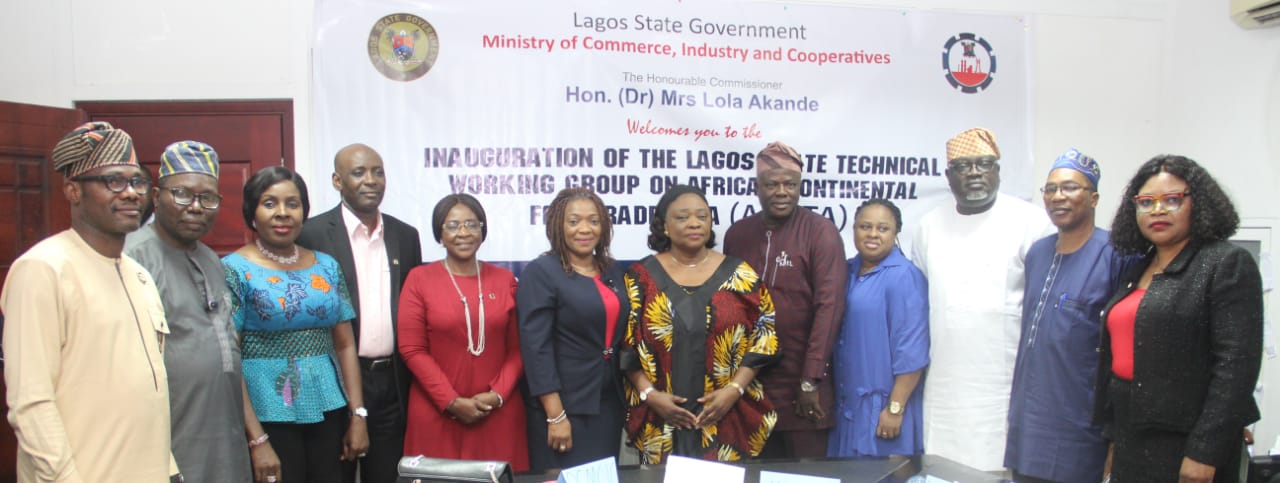The Federal Government has inaugurated the Federal Technical Committee for the Nigeria for Women Programme Scale-Up, a major step toward expanding national initiatives that support women’s economic empowerment. The inauguration took place in Abuja and reaffirmed the government’s commitment to strengthening women-focused interventions and accelerating inclusive development across all states.
The scale-up builds on the pioneering Nigeria for Women Project, which ran from 2018 to 2024 in six pilot states and recorded significant achievements. The project reached hundreds of thousands of women, supported the formation of Women Affinity Groups, and mobilised billions of naira in collective savings. Approved in mid-2024, the expanded phase aims to extend the programme nationwide while deepening its focus on financial inclusion, livelihood support, and social protection within a unified national framework.
Officials noted that the model strengthens Women Affinity Groups into sustainable economic institutions linked to formal markets and financial services. They also expressed concern over persistent gender gaps in access to economic opportunities, emphasising that the programme aligns with the National Women’s Economic Empowerment Policy. The policy provides a roadmap for reducing inequality in access to land, finance, skills, and economic decision-making.
Current statistics highlight the scale of the challenge. A large share of Nigerian women live in extreme poverty, have limited access to land, dominate agricultural labour, yet remain underrepresented in leadership, earn significantly less than men in similar roles, and face wide disparities in digital access. These gaps continue to hinder productivity and reduce women’s contributions to the national economy.
The scale-up also aligns with the World Bank’s Global Crises Response Framework, with a strong emphasis on improving food security by supporting agricultural production and climate resilience among women. Committee members drawn from key ministries were urged to provide strategic guidance, strengthen inter-ministerial coordination, and ensure that programme implementation reflects national priorities and global best practices.
A progress report presented during the inauguration highlighted ongoing engagements with state governments, development partners, financial institutions, and community leaders. The scale-up will incorporate enhanced digital tools for monitoring and real-time reporting, alongside improved delivery of financial and livelihood support.
The programme is prioritising capacity-building in climate-smart agriculture, small-scale enterprise development, and digital financial literacy. These areas are considered critical as women face rising climate-related shocks, inflation, and other economic vulnerabilities that threaten household stability and community productivity.
Representatives of development partners commended the government for scaling up a project that has shown measurable improvements in women’s productivity, income, and resilience. They emphasised the need for continuous collaboration among federal and state institutions, development actors, and civil society to ensure that the most vulnerable women are reached and supported to build sustainable livelihoods.










